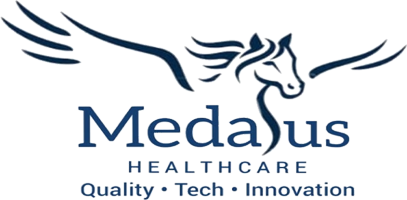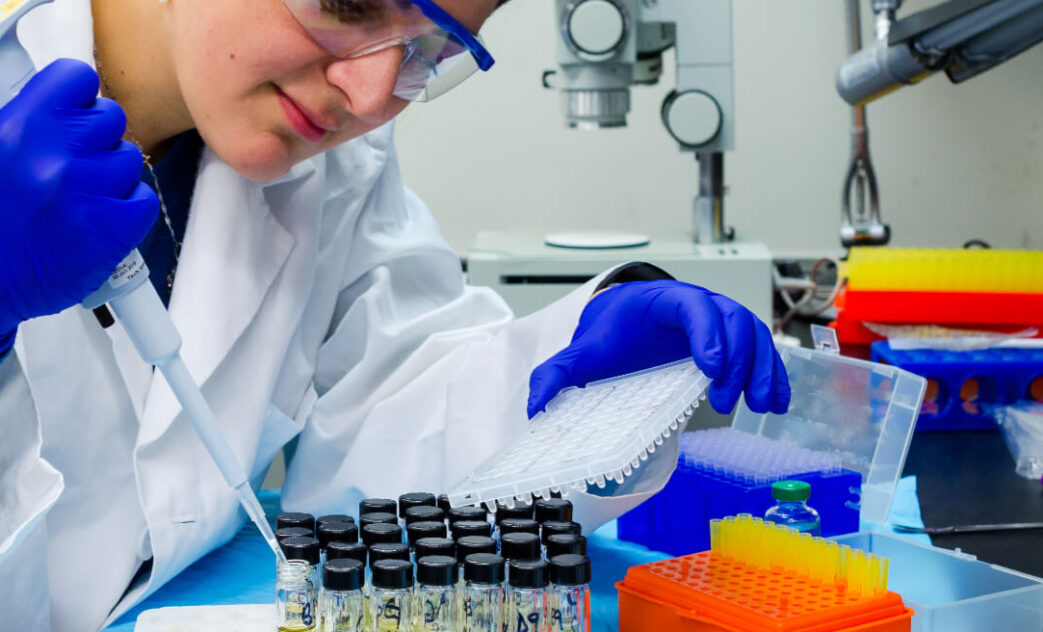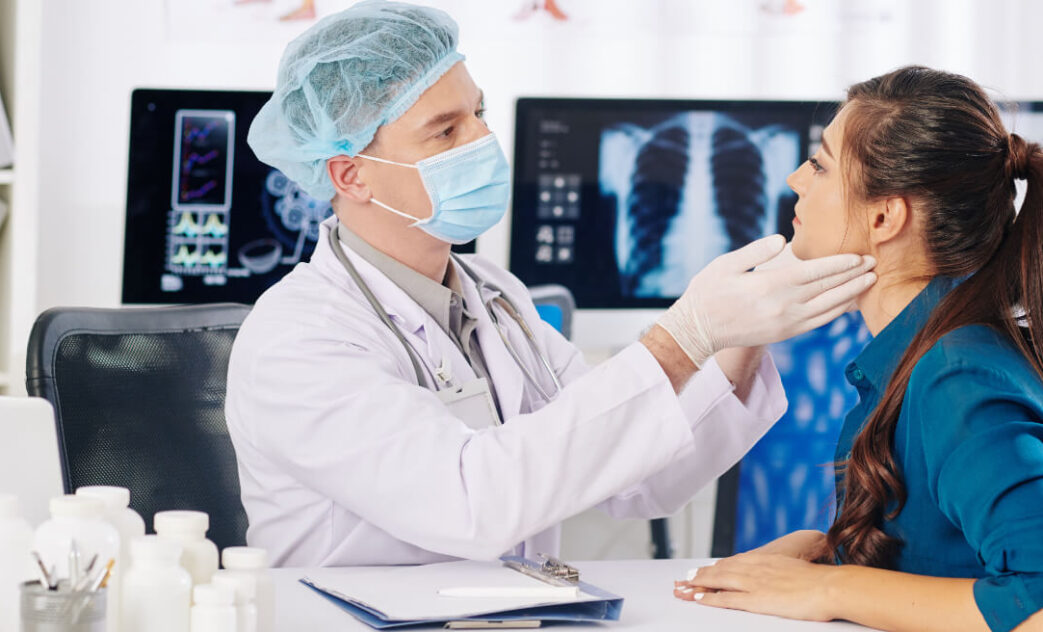The examination of urine for disease diagnosis goes back thousands of years! Ancient Babylonian and Sumerian physicians first inscribed their evaluations of urine into clay tablets as early as 4,000 B.C.
Later, in ancient Greece, Hippocrates, often called the father of Western medicine, expanded on urine’s importance: “No other organ system or organ of the human body provides so much information by its excretion as does the urinary system,” he wrote.Medieval doctors associated nearly every known disease with urinary characteristics and some would diagnose patients without even meeting them!
This simple yet valuable exam is done on a routine basis in all laboratories from the smallest to the biggest! The exam not only helps us with diagnosis of urinary tract related diseases but also diseases of other systems including metabolic disorders like diabetes.
Many disorders may be detected in their early stages by identifying substances that are not normally present in the urine and/or by measuring abnormal levels of certain substances. They may be present because these substances are eliminated from our bodies through urine.

Urine is produced by the kidneys, two fist-sized organs located on either side of the spine at the bottom of the ribcage. The kidneys filter wastes out of the blood, help regulate the amount of water in the body, and conserve proteins, electrolytes, and other compounds that the body can reuse. Anything that is not needed is eliminated in the urine, traveling from the kidneys through ureters to the bladder and then through the urethra and out of the body.
Urine is an unstable fluid, and changes to its composition begin to take place as soon as it is voided. As such, collection, storage, and handling are important issues in maintaining the integrity of this specimen.Hence, it is best to collect the urine sample in the laboratory itself. A urine sample will only be useful for a urinalysis if taken to the laboratory for processing within a short period.However, if the urine is collected at home or in the doctor’s clinic, if it will be longer than an hour between collection and transport time, then the urine should be refrigerated or a preservative may be added.
What is being tested?
A urinalysis is a group of physical, chemical, and microscopic tests. The tests detect and/or measure several substances in the urine, such as byproducts of normal and abnormal metabolism, cells, cellular fragments, and bacteria.
In the laboratory, urine can be characterized by physical appearance, chemical composition, and microscopically. Physical examination of urine includes description of color, odor, clarity, volume, and specific gravity. Chemical examination of urine includes the identification of protein, blood cells, glucose, pH, bilirubin, urobilinogen, ketone bodies, nitrites.
Finally, microscopic examination entails the detection of crystals, cells, casts, and microorganisms.
All the findings that are generated by this simple exam can give valuable information to the treating physician to guide and cure the patient.
How is the sample collected for testing?
One to two ounces of urine is collected in a clean container. A sufficient sample is required for accurate results.
Urine for a urinalysis can be collected at any time. In some cases, a first morning sample may be requested because it is more concentrated and more likely to detect abnormalities.
Sometimes, you may be asked to collect a “clean-catch” urine sample. For this, it is important to clean the genital area before collecting the urine. Bacteria and cells from the surrounding skin can contaminate the sample and interfere with the interpretation of test results. With women, menstrual blood and vaginal secretions can also be a source of contamination. The genital area should be cleaned with warm water before collection. Start to urinate, let some urine fall into the toilet, then collect one to two ounces of urine in the container provided, then void the rest into the toilet.
When is examination of urine ordered?
A urinalysis may sometimes be ordered when a person has a routine wellness exam, is admitted to the hospital, or will undergo surgery, or when a woman haspregnancycheckup.
A urinalysis will likely be ordered when a person sees a doctor, complaining of symptoms of a urinary tract infection or other urinary system problem, such as kidney disease.Some signs and symptoms may include:
- Abdominal pain
- Back pain
- Painful or frequent urination
- Blood in the urine
- Testing may also be ordered at regular intervals when monitoring certain conditions like diabetes and drugs.
A simple urine exam can go a long way in diagnosing and help in treating or managing problems not only relating to the urinary system but other systems too!






